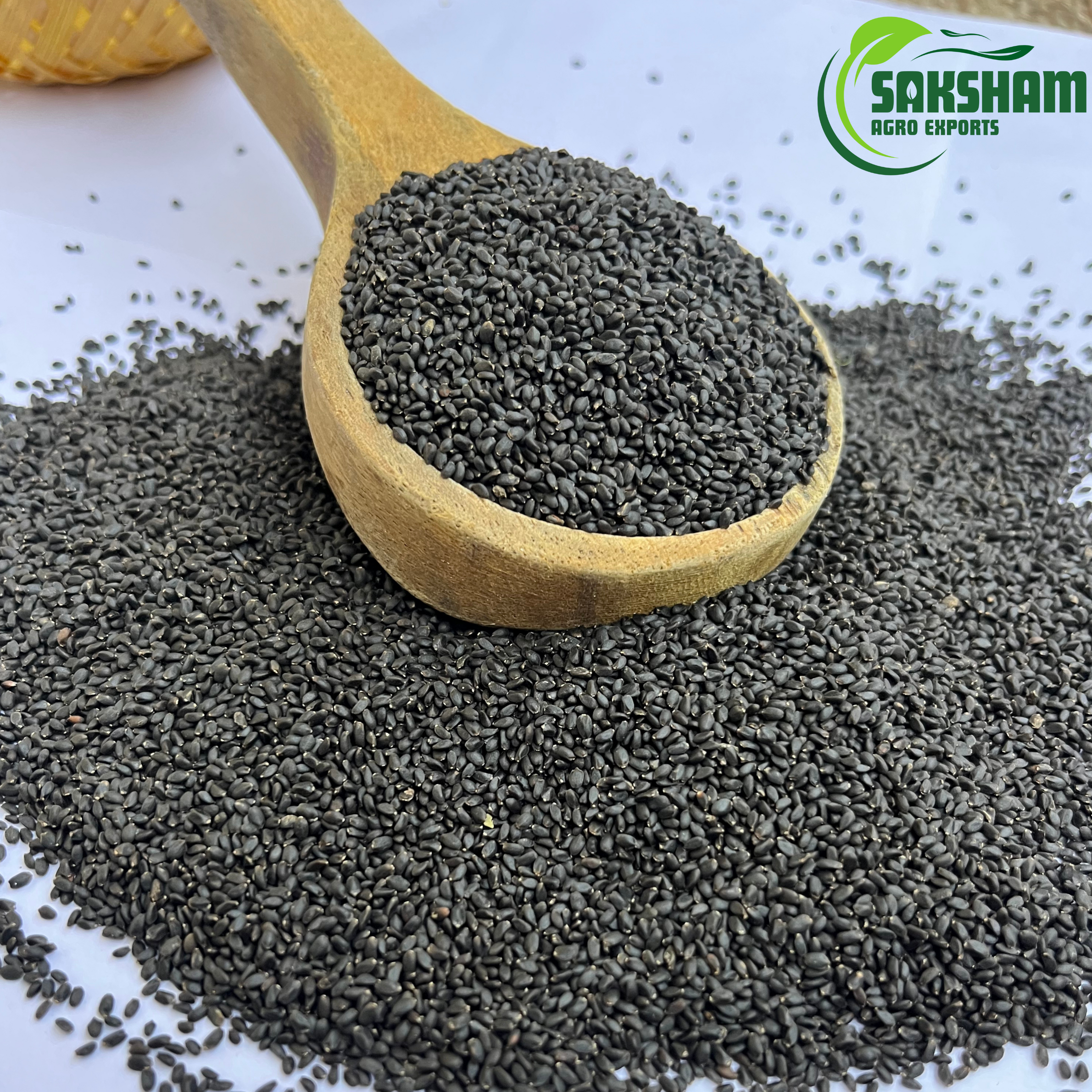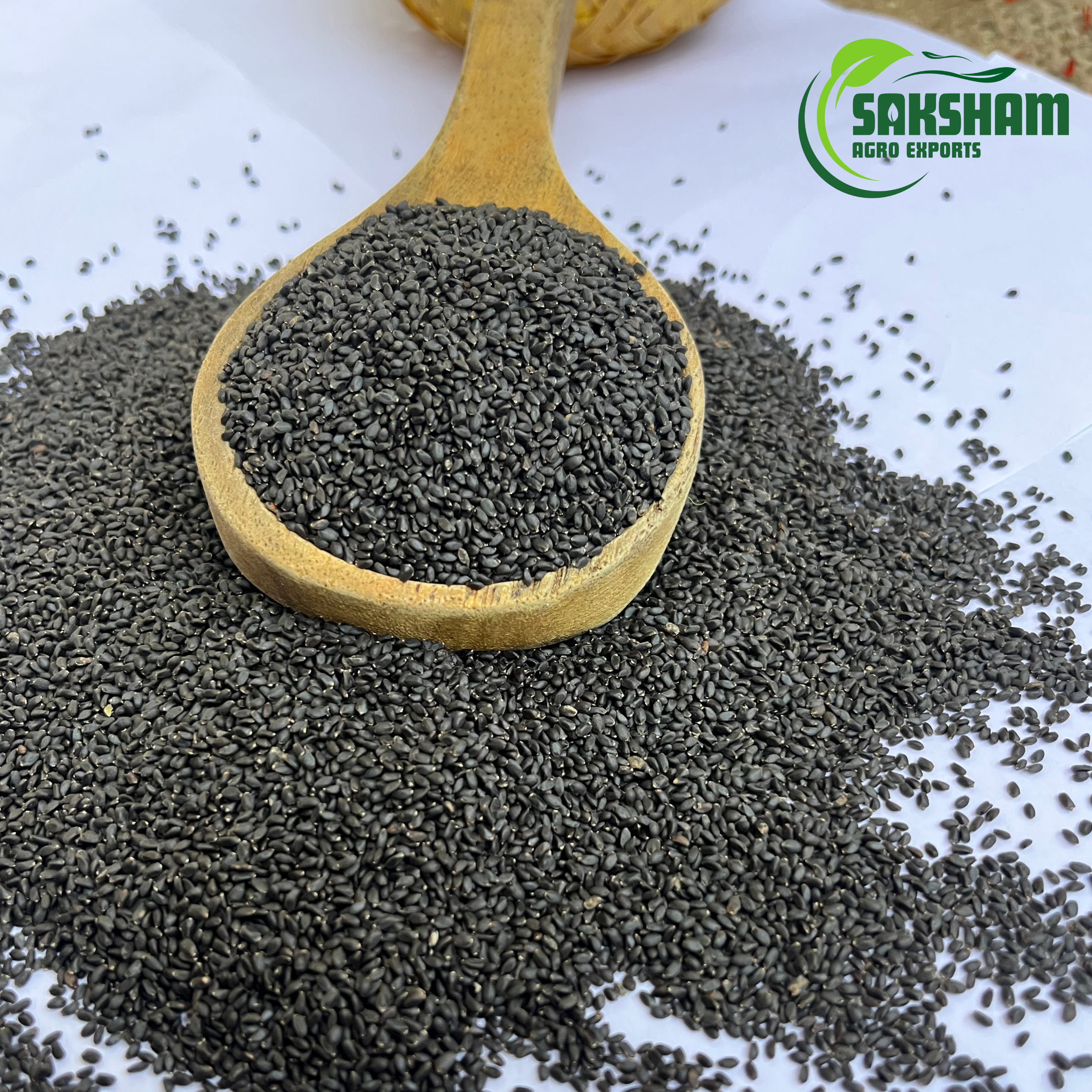Tulsi Seeds(Sabja Seeds)


Scientific Name
- Ocimum tenuiflorum (Holy Basil – Tulsi)
- Ocimum basilicum (Sweet Basil – Sabja seeds, more commonly used for consumption)
Common Names
- English: Basil Seeds, Sweet Basil Seeds, Holy Basil Seeds
- Hindi: Sabja, Takmaria, Tulsi Beej
Description
Tulsi seeds, scientifically known as Ocimum sanctum, come from the holy basil plant, a sacred herb in India native to tropical Asia. These small black seeds, also called Sabja or Basil seeds, swell when soaked in water and are used in drinks and desserts. Tulsi seeds are rich in fiber, antioxidants, and essential nutrients, known for aiding digestion, cooling the body, managing weight, and supporting overall health.
Health Benefits of Tulsi Seeds
- Digestive Health – relieve constipation, acidity, and bloating.
- Weight Management – high fiber content keeps you full for longer.
- Blood Sugar Control – beneficial for people with diabetes.
- Cooling Effect – naturally reduces body heat, useful in summers.
- Rich in Nutrients – good source of omega-3s, protein, and minerals.
Usage of Tulsi Seeds
- Traditional Ayurvedic Use
- Taken as a cooling drink in summer (with milk, rose water, or lemon juice).
- Used in remedies for acidity, urinary problems, and respiratory issues.
- Sometimes mixed with honey for immunity support.
- Medicinal Preparations
- Powder – sometimes seeds are dried and powdered for easy consumption.
- Soaked Seeds – most common, as soaking releases mucilage beneficial for digestion.
